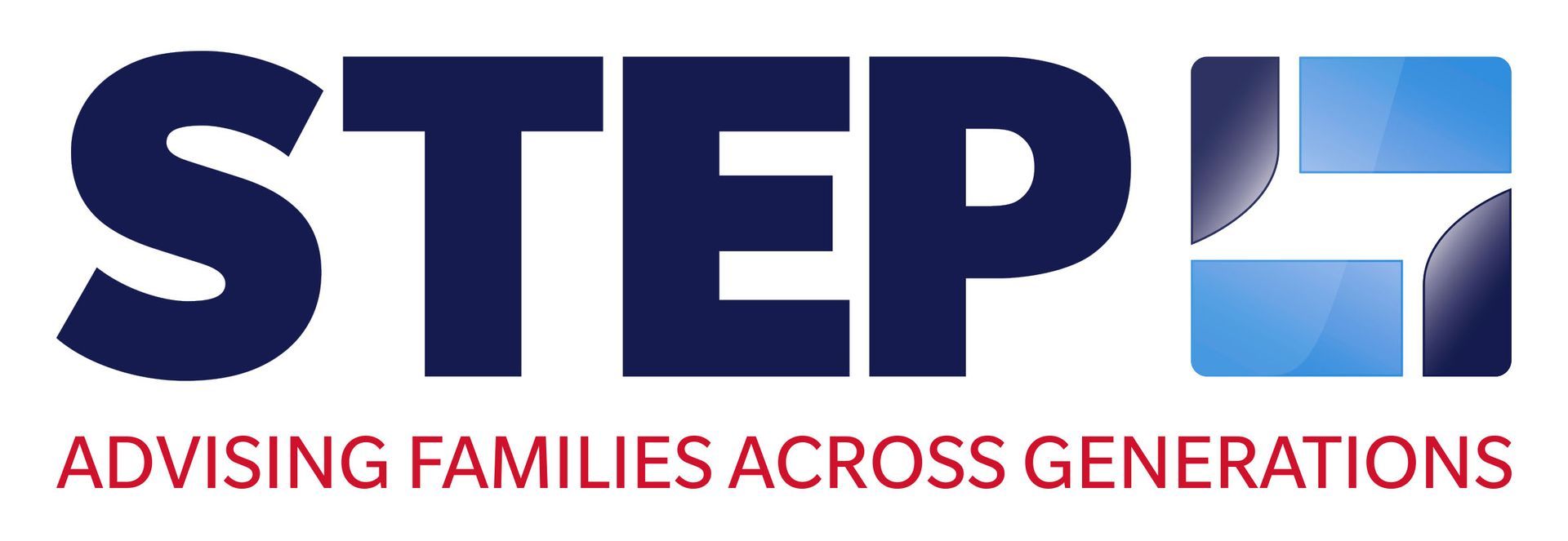What Is Probate and What Do I Do Next?
Losing a loved one is a painful and confusing time for all of us, and if your loved one was a close relative and they did not leave a Will, or you are an executor under their Will, you may be wondering what you need to do and who you need to speak to.

What is Probate?
Probate is the term commonly used to describe the process of dealing with someone’s estate (their money, property and personal possessions) after they pass away. In simple terms, someone needs to deal with winding up a person’s affairs, from dealing with funeral arrangements, to closing down accounts, selling property, distributing personal possessions and paying any tax that is due.
If someone has passed away without a Will, the law dictates who is entitled to act on their behalf and this person is known as their ‘administrator’. If someone has passed away with a Will, then their Will dictates who should act for them in the event of their demise and this person is known as their ‘executor’. The collective term for both roles is a ‘personal representative’.
The type of document you apply for is slightly different too, depending on whether or not there is a Will in place. The document you need to acquire in most cases (but not all) is a Grant of Representation. This is a court sealed document which proves that you are the correct person with authority to administer the estate of someone who has passed away. If that person has no Will, this is called a ‘Grant of Letters of Administration’ but if they do have a Will, this is called a ‘Grant of Probate’.
The role of the executor or administrator is to collect in assets of the estate, pay any liabilities or tax that it outstanding, and distribute the remainder under the ‘rules of intestacy’ or under the terms of the Will.
The first steps
The important thing to remember is that there is no rush to do anything. As an executor, you have what is called the ‘executors year’ – this allows you 12 months from the date of your loved one’s passing to administer and distribute assets, without any claims for an unnecessary delay. It is important that you do not rush and you take your time to work out what you need to do next and deal with what is in front of you.
After making funeral arrangements, the initial steps to take are:
- Register your loved one’s death – you do this at the registration office for the area where your loved one passed away and you can check this on www.gov.uk
- Find out if your loved one had a Will – if you are unable to find anything amongst their personal papers, you can write to local lawyers or complete a search on www.nationalwillregister.co.uk
- Gather together all information that you can about your loved one’s assets and liabilities, as well as any personal circumstances that might be important, such as estranged children or financial dependants.
Do I need to appoint a professional?
Every person is different, and you may feel confident and comfortable in dealing with the estate administration process yourself; or you may wish to ask us at Eloise Mackenzie Law Limited to act on your behalf. We consult to an SRA Regulated Law Firm for the regulated aspects, so you always have peace of mind.
If you require further assistance, you can contact us for a free initial 30 minute consultation where we can offer general advice and give you a cost estimate for dealing with matters on your behalf.
The article on this site is accurate at the time that it is written and does not constitute legal advice. All comments are made in good faith, and neither Eloise Mackenzie Law Limited nor the author will accept liability for them. Please contact us for more information or advice.
This article is intended for general information only, applies to the law at the time of publication, is not specific to the facts of your case and is not intended to be a replacement for legal advice. It is recommended that specific professional advice is sought before relying on any of the information given. © Eloise Mackenzie Law Limited 2024.












